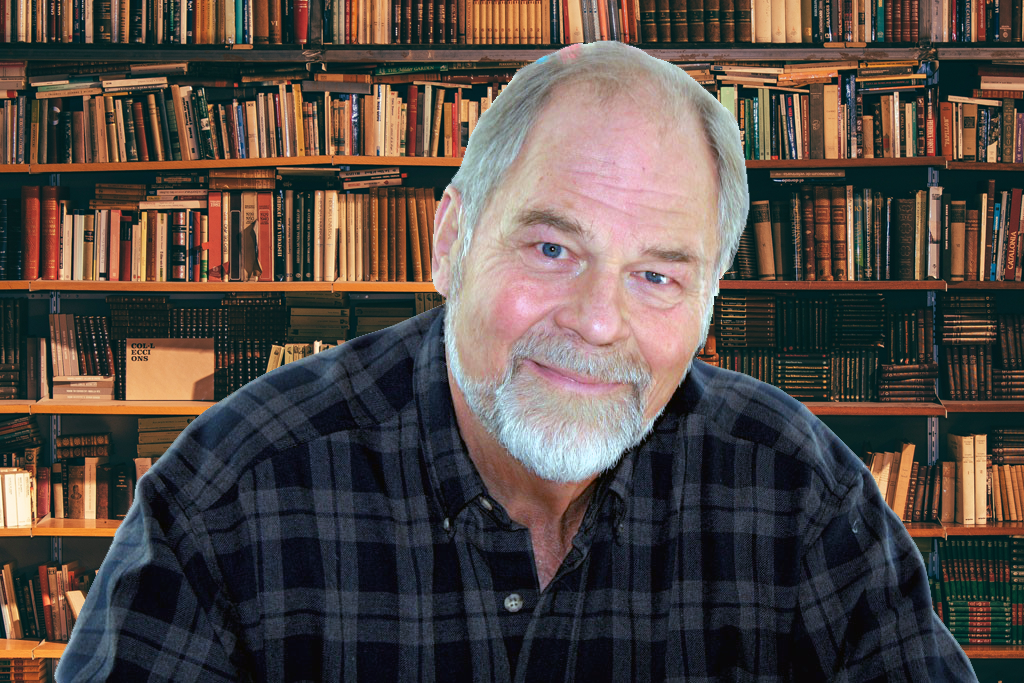Last night, our pond reclaimed a foot from its ice.
New water winks blue-green, and blackbirds shriek
From wire and weed. It’s good to be out. Two boys
Hike by me at social distance. Each breeze-tossed leaf
Looks as crisp and twitchy as a chipmunk’s ear.
The mud road grasps at boot-soles as I walk
The other way. On a tree I detect the scar
Of an errant winter driver. I catch the talk
Of school kids out of school– their classmates, popular
Or not (all girls are otherwise), the names
Of games that they can’t play. The runt defers
To his companion, who, unprompted, screams
Abuse at all restrictions. As they pass from hearing,
I note an earthworm turning proper pink.
Though soon the ambient landscape will be wearing
Proper raiment–nodding grass and dank,
Deep moss, spare overlay of meadow flowers–
I’ve lived enough to expect odd snow-squalls, slapped
To anger by nasty winds. I predict more hours
In which we’re sealed in rooms foursquare and flat,
Where we’ll dream of the past, or pray for the future
When a softer time will come– and go– and mist
Will rise from pond and outlet brook to wend
Its way to a busy playground. Sun once kissed
My own playful body. Sweet bijoux of sweat
Rose into uninfected morning’s odor.
Who knew that what my parents labeled older
Meant this strange state? Not then but then not yet.
